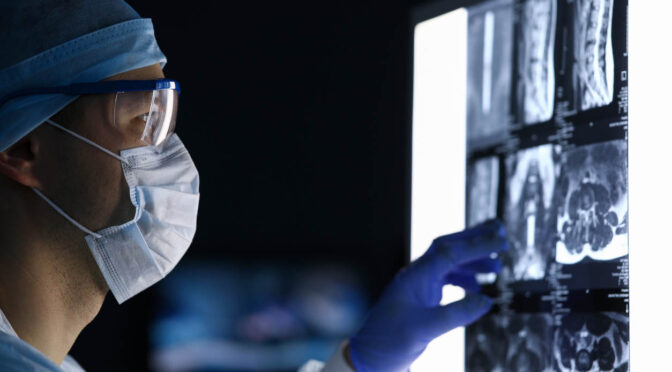When you’re undergoing conventional cancer treatment, your dietary habits and choices can play a significant role in successful therapy. Here are five valuable tips on using your diet to manage side effects and boost your immune system.
5 Tips for Eating During Cancer Treatment
1. Radiation and chemotherapy often cause loss of appetite and taste. If you find that you’re rarely hungry, try grazing on several small snacks or meals throughout the day. Experiment with different spices and seasonings to create strong flavors.
2. Do you find yourself suffering from nausea? Citrus, ginger and peppermint oil fight digestive queasiness. Ginger tea and ginger chews will settle your stomach without filling you up. Many people find it helpful to suck on a lemon wedge.
3. Bowel habits can cover the spectrum from diarrhea to constipation. Avoid constipation by drinking plenty of water and adding fiber to your diet, whether it’s from supplements or foods like beans and fresh vegetables. Choose beverages like sports drinks, broth and fruit juices that are high in sodium and potassium to combat effects of diarrhea.
4. Vitamins and minerals are natural allies of the immune system. Cancer patients are most commonly deficient in Vitamin D, which also reduces fatigue and supports bone health. Look for milk, yogurt, cereals and other foods fortified with Vitamin D.
5. When your immune system is compromised, it’s important to avoid foods that carry a risk of illness, including sushi and lightly-cooked fish, soft-cooked eggs, unpasteurized dairy products and unwashed produce. You should also stay away from processed and fried foods, which contain high levels of hydrogenated oils that can increase inflammation.
State-of-the-Art Cancer Treatment from Issels®
Our immunotherapy treatment programs focus on the body’s internal environment as well as the tumor itself. Contact us to learn more.






